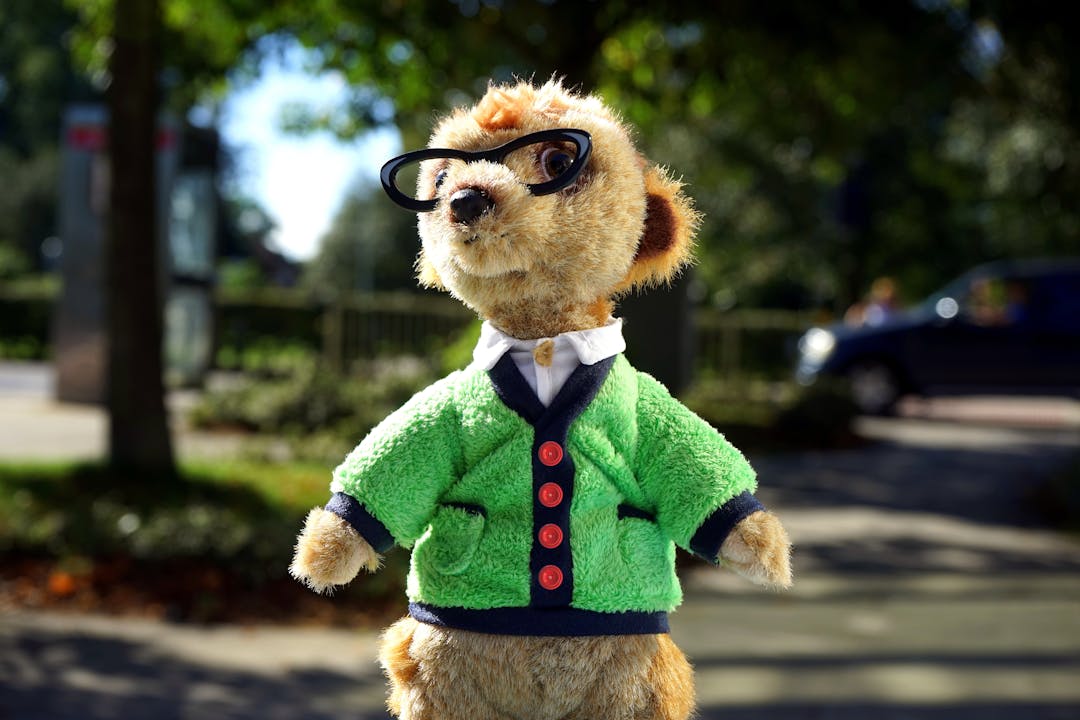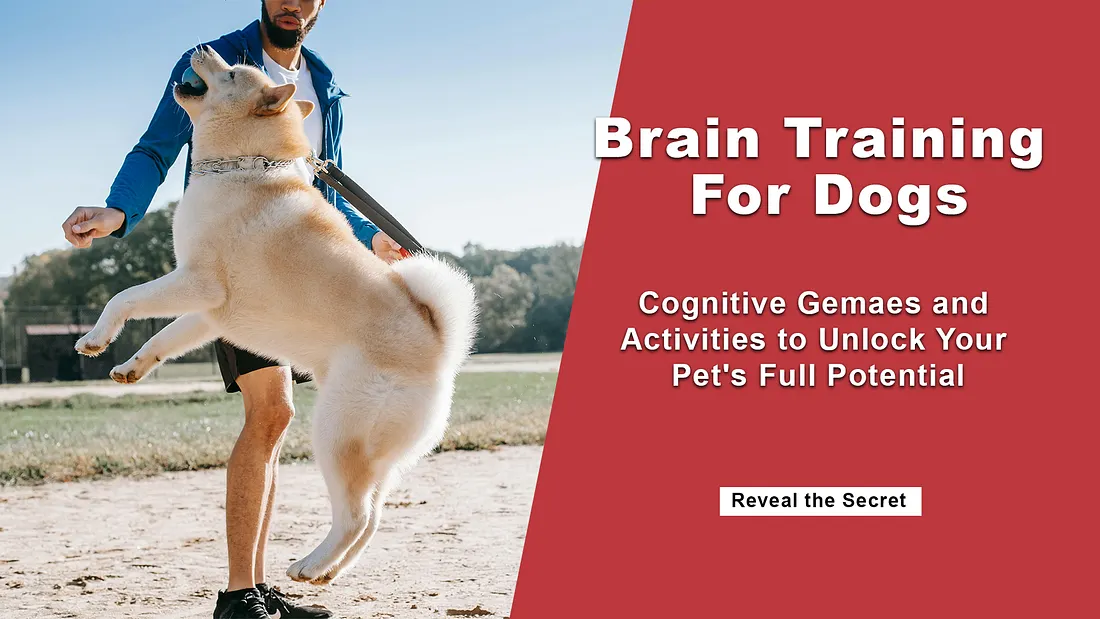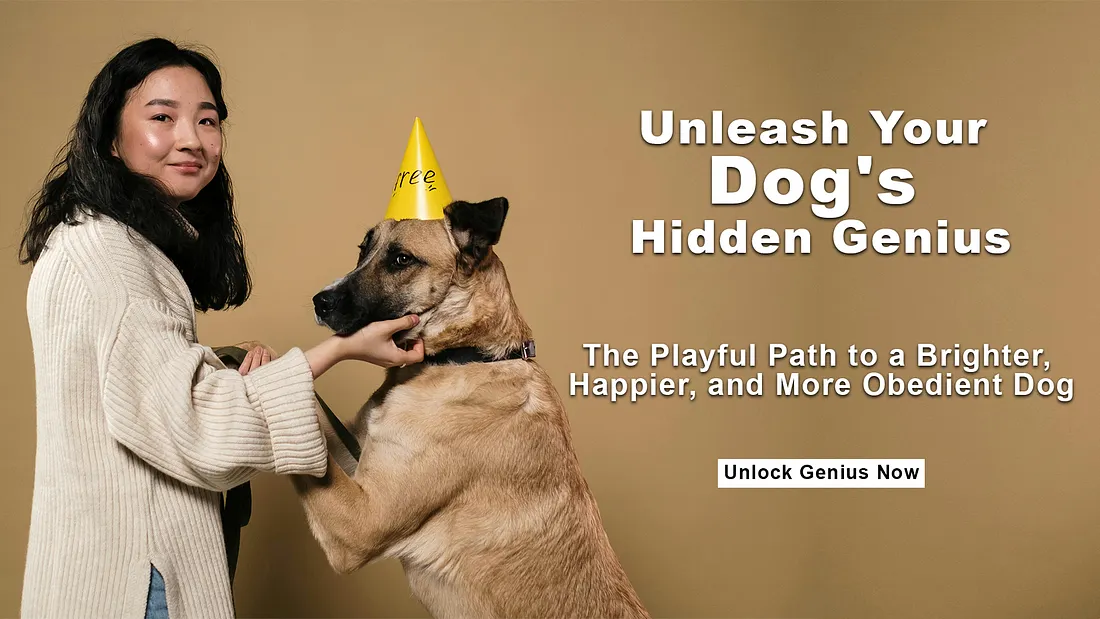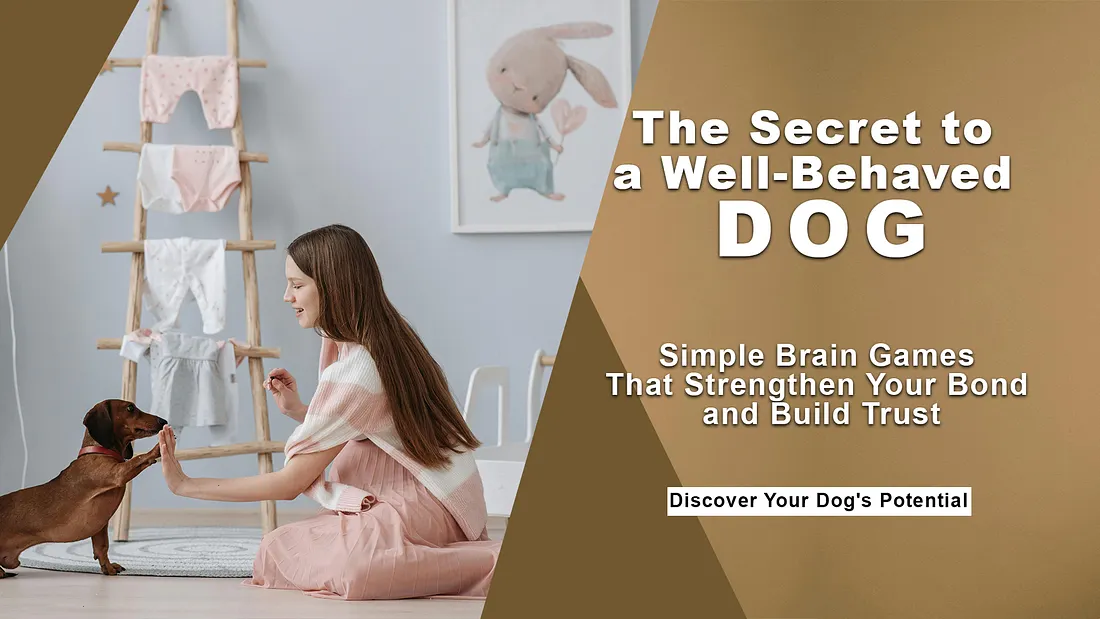Well-Behaved Pups Made Easy: Dog Training Services in Brooklyn, NY
Fix Your Dog’s Bad Habits with Engaging Games
Those frustrating behaviors we often see – jumping on visitors, barking excessively, tugging on the leash, you name it – often stem from a lack of exercise, under-stimulation, or a misunderstanding of what you expect. Playful training can change that!
- Energetic Greeter? Turn fetch into a jumping redirect.
- When guests arrive, right as your dog starts to get excited, have them grab their favorite ball or squeaky toy.
- Give them lots of attention and have your guest pet them once they bring the toy.
Dog Training: Is your pup more “ruff” around the edges than refined? Are you craving a better-behaved canine companion? The right dog trainer can make all the difference! Let’s break down how to discover the best dog training resources in your local area. Here we will discuss all the keywords like Dog Training Quadrants and Dog Behavior Specialist.
Why Dog Training Matters: Safety, Behavior, and Bonding
Dog training isn’t just about fancy tricks. It’s about creating a strong bond with your dog :
- Stronger Bond: Training builds trust and enhances your relationship with your dog.
- Safer Dog: A well-trained dog is less likely to bolt, get into fights, or show harmful behaviors.
- Happier Household: Training helps with problems like constant barking, destructive behavior, and housebreaking woes.
Kinds of Dog Training Styles
There is more than one way to help a senior dog learn! Here are some common training options:
- Basic training classes: These cover essential commands like “sit”, “stay”, and “come”, walking politely on a leash, and socialization. They’re great for young dogs and those new to formal training.
- One-on-one training: These sessions tackle particular behavior problems or advanced training goals.
- Immersive training programs: Your dog lives with the trainer for intensive training over several weeks.
- Specialized training: Options include agility classes, scent training, or protection dog training.
Choosing the Right Dog Trainer
Don’t just choosing any random name you discover online. Inquire about its meaning its origin any stories associated with it :
- Are their methods based on rewarding good behavior versus outdated punishment methods?
- Certifications: Look for relevant certifications, that signal a high level of expertise.
- Can they demonstrate success with dogs similar to yours?
- Do they offer client references?
The Secret to a Well-Behaved, Content, Joyful Dog
We all desires a well-behaved companion by our side. But behind every obedient, well-adjusted dog isn’t just a series of commands, but also a dog that is mentally engaged, physically active, and deeply connected to its owner.
Finds solutions for all three :
- Dogs, like us, need mental stimulation! Engaging in games encourages them to find creative solutions. This mental workout staves off boredom, which might cause destructive behaviors.
- An exercised dog is often a well-behaved dog. Including physical activity into your playtime builds a healthy routine and provides an outlet for their energy in a safe environment.
- Nothing strengthens the owner-dog relationship like fun! Playtime encourages positive interactions, builds trust, and gives you insight into your dog’s personality and communication style.
Unlock Your Dog’s Best Behavior with Fun Brain Games
The best games utilize your dog’s innate instincts. Here are a few stimulating brain games to enhance your training:
- The “Find It” Game: Bury a treasured object in simple boxes or under towels. Let your pup unleash their inner detective to locate the prize. Start easy and gradually increase the difficulty as they get the hang of it!
- The Shell Game: Ideal for honing concentration and building impulse control. Place three opaque cups upside down. Hide a treat under one, then shuffle them around, letting your dog choose which cup hides the reward.
- Puzzle Toys: Invest in interactive puzzles that require your dog to work for its treats. These mind-stimulating toys provide entertainment for your furry friend while enhancing their problem-solving abilities.
Are you tired of your dog’s barking? This effective course is the solution you need.
The best dog training doesn’t feel like a chore for you or your dog. Play-based training changes the whole experience with these key benefits:
- Enhances Motivation: Dogs, similar to children, learn faster when it’s enjoyable!
- Reinforces Recall: Games such as fetch or a playful twist on hide-and-seek naturally make your dog want to come back to you, building reliable recall.
- Builds Confidence: Accomplishing tasks through play, even simple tasks, builds good feelings and gives your dog a sense of pride.
- Reduces Stress: For both you and your dog! Play is a fantastic stress reliever, and the reward-based approach minimizes the frustration that can come with training.
End Battling with Your Dog: Teach Through Play
If you’re frustrated with the classic “sit,” “stay,” and “heel” training, it’s time to consider play. Remember, dogs don’t speak our language – they learn through actions and repetition. Games break difficult tasks down into fun steps, helping them have fun and succeed without pressure.
Here is how to incorporate games into basic training:
- Rather than physically pushing your dog into a seat, hold a treat above their head. As they naturally lift their head up to reach it, gently guide it back so they naturally sit down. Immediately reward them! Now, you can say “sit” as the action happens. Play a similar game by lifting a paw for “shake.”
- Rather than teaching rigid stillness, turn “stay” into an active game. Have your dog stay in a sit for a brief moment, then toss a toy a short distance. Release them with an enthusiastic “go get it!” and reward them for coming back to you instead of chasing the toy endlessly. Gradually increase the duration of the “stay”.
- Instead of fighting the leash, turn your walk into a playful “follow the leader”. Change speeds suddenly, walk in circles, and switch directions unexpectedly. Reward your dog for staying close to you. Add in a verbal “heel” cue as they keep up with you.
Dog Training
Want a more intelligent, healthier, well-trained dog?
Achieving a perfectly behaved dog does not come in a magic pill. However, consistently making time for interactive, playful training sessions is the closest thing to it. You’ll notice the benefits extend far beyond the specific commands you teach.:
- Improved Cognitive Function: Mentally challenged dogs become better problem solvers in situations beyond their training. This means they’re less likely to get into trouble out of boredom!
- A Boost in Self-Esteem: A dog who knows playful “tricks” and succeeds at training games feels more confident in their own abilities and their bond with their owner.
- Better Overall Fitness: Active play is essential for keeping a dog at a healthy weight and helps alleviate joint pain and other ailments associated with a lack of exercise.
- Decreased Anxiety: A well-exercised, mentally stimulated dog is less prone to stress and stress-related behaviors.
An Unexpected Method to Build a Deeper Connection with Your Dog
The time you dedicate to playful training isn’t just about the results; it’s an investment in the most important thing – your relationship. Dogs thrive on positive attention and shared experiences. Play checks both boxes and makes you your dog’s favorite source of fun.
- Discover Your Dog’s Language: Through play, you’ll better understand what they like and dislike, and how they express themselves.
- Could a tail wag with a tucked rear indicate fear instead of pure joy? Play gives you a window into their world.
- Mutual Respect: Play-based training avoids harsh punishments and emphasizes positive reinforcement. Your dog will see you as a source of joy, not just someone giving orders.
Things to Look Out For to Watch Out For
- Trainers who promise guaranteed solutions
- Those who focus heavily on punishment
- Anyone who won’t allow you to observe a session
- Trainers who insist on high-priced plans upfront
In your area Dog Training Resources
- Ask your vet: They often have great recommendations.
- Contact pet stores or shelters in your area: They may provide training courses or recommendations.
- Perform a web search: Look for “[your neighborhood] dog trainers”. Look at reviews on sites like Google or Yelp.
- Join local dog groups: Social media or sites like Meetup.com can connect you to owners with trainer recommendations.
Keywords: Dog Training Quadrants, Dog Training, and Dog Behavior Specialist. Your location is near Brooklyn, New York, Kings, 11221.
Let the fun begin!
Remember, play-based training is all about being flexible and having as much fun as your dog! Use your imagination, make things silly, and celebrate each tiny win along the way. You might even find yourself rediscovering the simple joys of being a dog owner as your loyal companion blossoms into their happiest and most well-behaved self.






